Where to Begin
How to Start Arrangements
When a loved one dies at home or in a place that isn’t a healthcare facility, you’ll need to contact emergency personnel before they can be taken into our care. If your loved one was under medical care, it’s a good idea to call their physician as well.
If your loved one dies in a healthcare facility, they will notify the proper authorities, including the funeral home you have chosen to care for your loved one if they know that information.
Emergency and medical personnel involved in this part of the process will help you with obtaining a medical certificate and any other necessary paperwork.
This part of the process is often the most emotional, and we are here to help and support you. If you’re not sure what to do, call us any time.
When You Arrive
When you meet with a member of our staff to discuss your arrangements, we'll first provide you with a general price list to give you a basic idea of what our services cost.
This process may include:
- Preparing and filing the official death certificate
- Scheduling the services and events (including the location, date, and time)
- Selecting a casket, urn, or other products you may need
- Drafting an obituary
- Arranging necessary transportation
- Selecting pallbearers
We'd like to make this process as smooth and stress-free for you as we can, so remember to bring the following information about your loved one with you as well:
- Full legal name and home address
- Social security number
- Date of birth
- Place of birth
- Father's name
- Mother's maiden name
- Veteran's discharge papers (DD-214), if applicable
- Highest education
- Occupation
- Information about the burial location if applicable
- Clergy name and phone number if applicable
- Names and relationships of survivors
- Insurance policy information if using to pay for funeral expenses
Please also bring a recent photograph and any clothing you'd like us to use when dressing them for the service.




